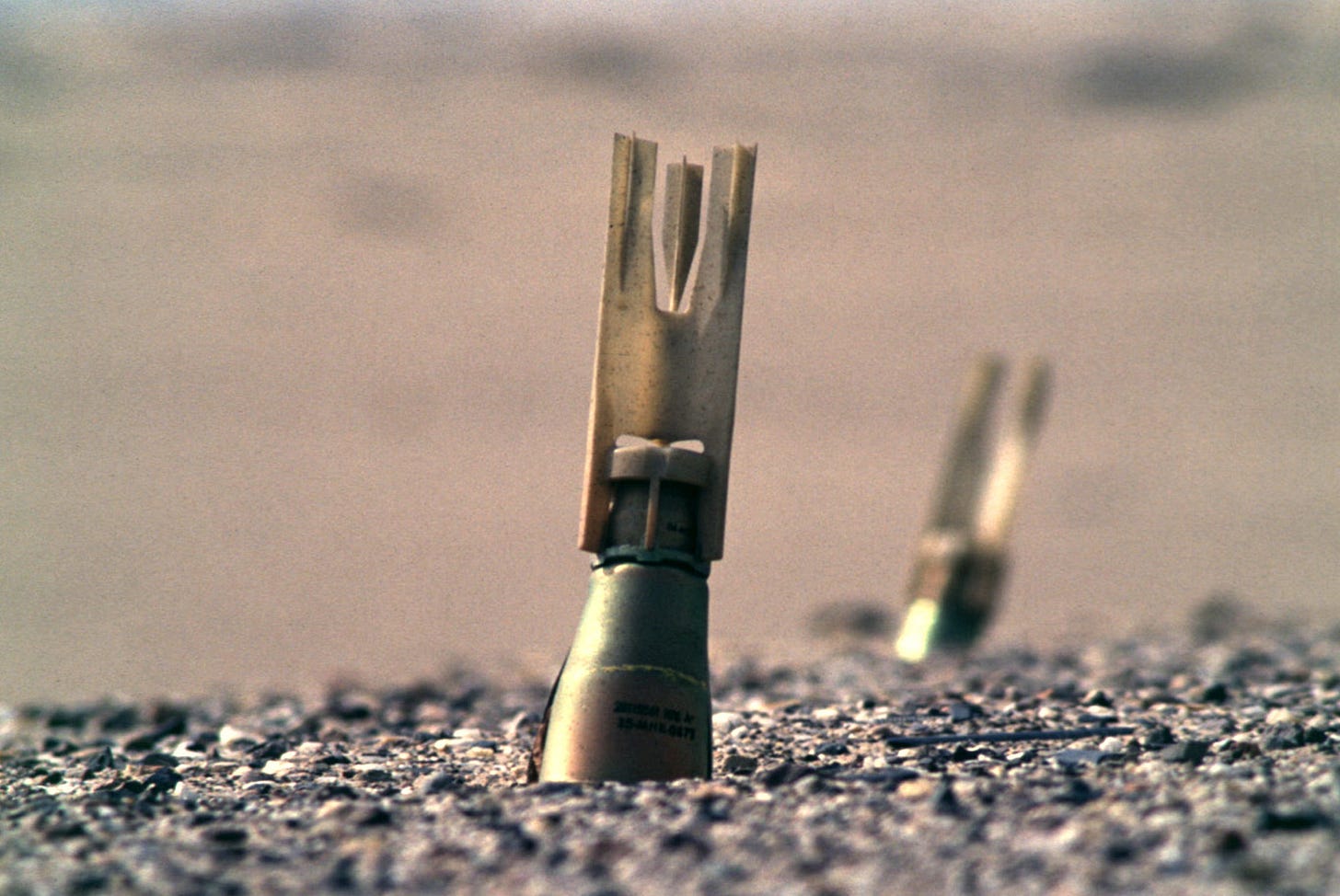Biden’s decision to send cluster bombs to Ukraine clashes with Catholic teaching
Vatican has been strong supporter of 2010 treaty that U.S. hasn’t signed

It may well be that Joe Biden is the most religiously devout U.S. presidents since Jimmy Carter. He often mentions or alludes to his Catholic faith and frequently attends Mass.
But that hasn’t stopped him from getting criticism…


